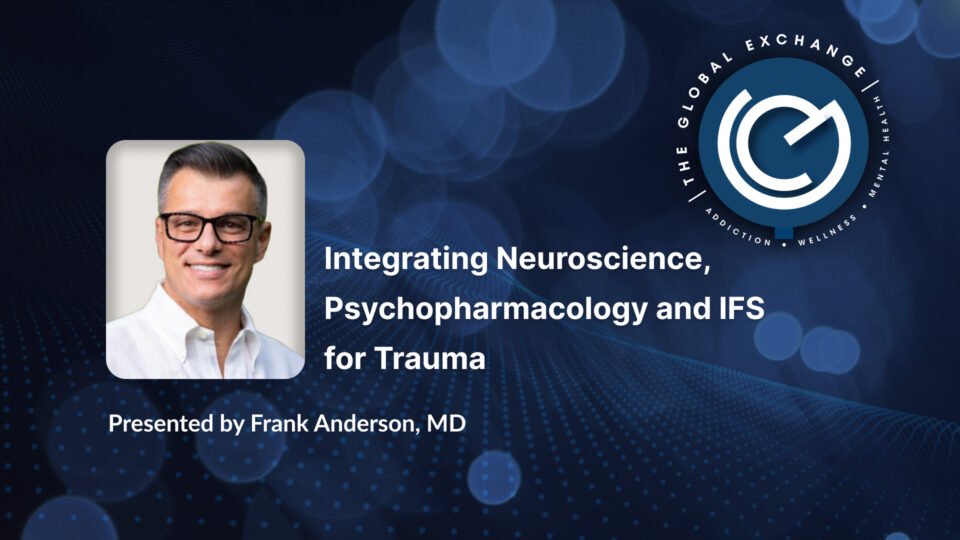
Integrating Neuroscience, Psychopharmacology and IFS For Trauma
Information
Date & Time
-
-
Location
-
Northern Hemisphere B/C
1500 Epcot Resorts Boulevard
Lake Buena Vista, FL 32830
Learning Objectives
Participants will be able to:
-
Explain the basics of neuroscience and its relation to the Internal Family Systems model of therapy.
-
Define 2-3 specific parts of the brain that are important in trauma.
-
Describe 2-4 ways to categorize memory, both implicit and explicit.
-
Explain neurobiology of trauma and its relation to high cortisol within the body.
-
Summarize insight into medications, their mechanisms of action, their relationship to neurotransmitters, and the distinctions between various neurotransmitters.
-
Explain the distinction between biological and psychological symptoms.
-
Summarize how Internal Family Systems can be employed to navigate medication decisions by addressing different parts.
Description
Introducing the basics of neuroscience and showing how the brain works together to create therapeutic change. Shifting focus on the Neurobiology of trauma and the medications used to treat trauma and dissociation. Finally, we will discuss the difference between a biological and psychological symptom and show how to use Internal Family Systems to work with parts around medication decisions.
Target Audience
- Counselor
- Marriage & Family Therapist
- Nurses
- Physicians
- Psychologist
- Social Worker
- Substance Use Disorder Professionals
Presenters

Frank Anderson, MD, completed his residency and was a clinical instructor in psychiatry at Harvard Medical School. He is both a psychiatrist and psychotherapist. He specializes in the treatment of trauma and dissociation and is passionate about teaching brain-based psychotherapy and integrating current neuroscience knowledge with the IFS model of therapy.
Dr. Anderson has lectured extensively on the Neurobiology of PTSD and Dissociation and wrote the chapter “Who’s Taking What” Connecting Neuroscience, Psychopharmacology and Internal Family Systems for Trauma in Internal Family Systems Therapy-New Dimensions. He co-authored a chapter on “What IFS Brings to Trauma Treatment in Innovations and Elaborations in Internal Family Systems Therapy” and co-authored the Internal Family Systems Skills Training Manual.
His most recent book, entitled “Transcending Trauma: Healing Complex PTSD with Internal Family Systems” was released on May 19, 2021.
His memoir, “To Be Loved,” is set to be released on May 7, 2024.
Financially Sponsored By
- The Global Exchange Conference - Exchange Events